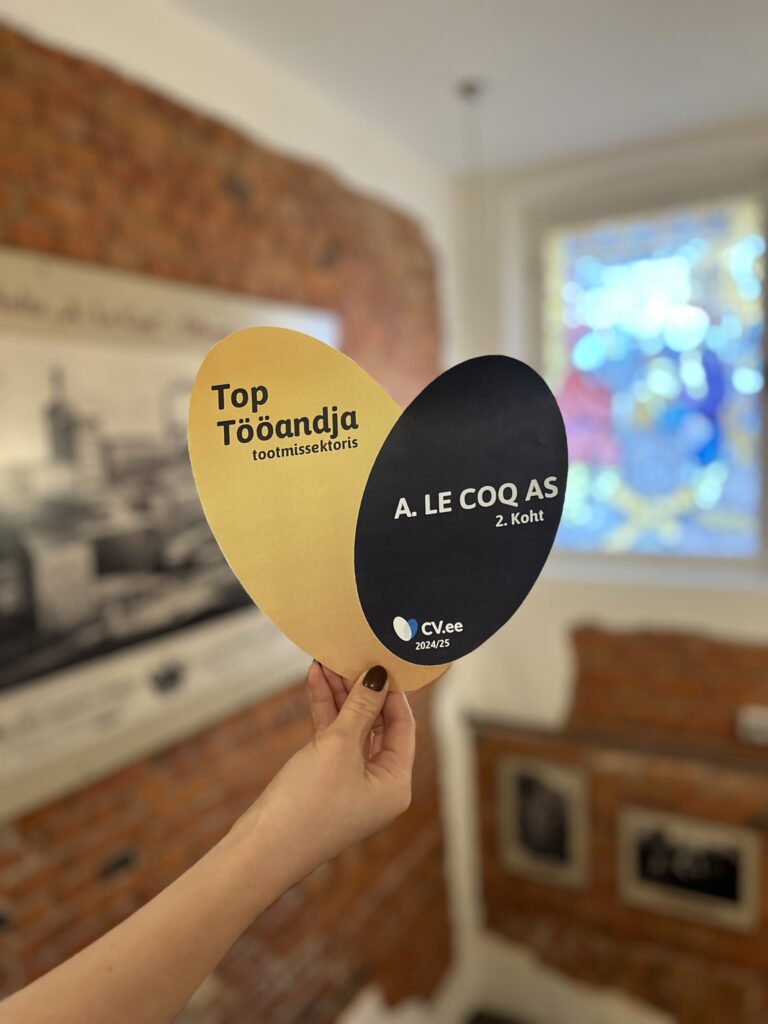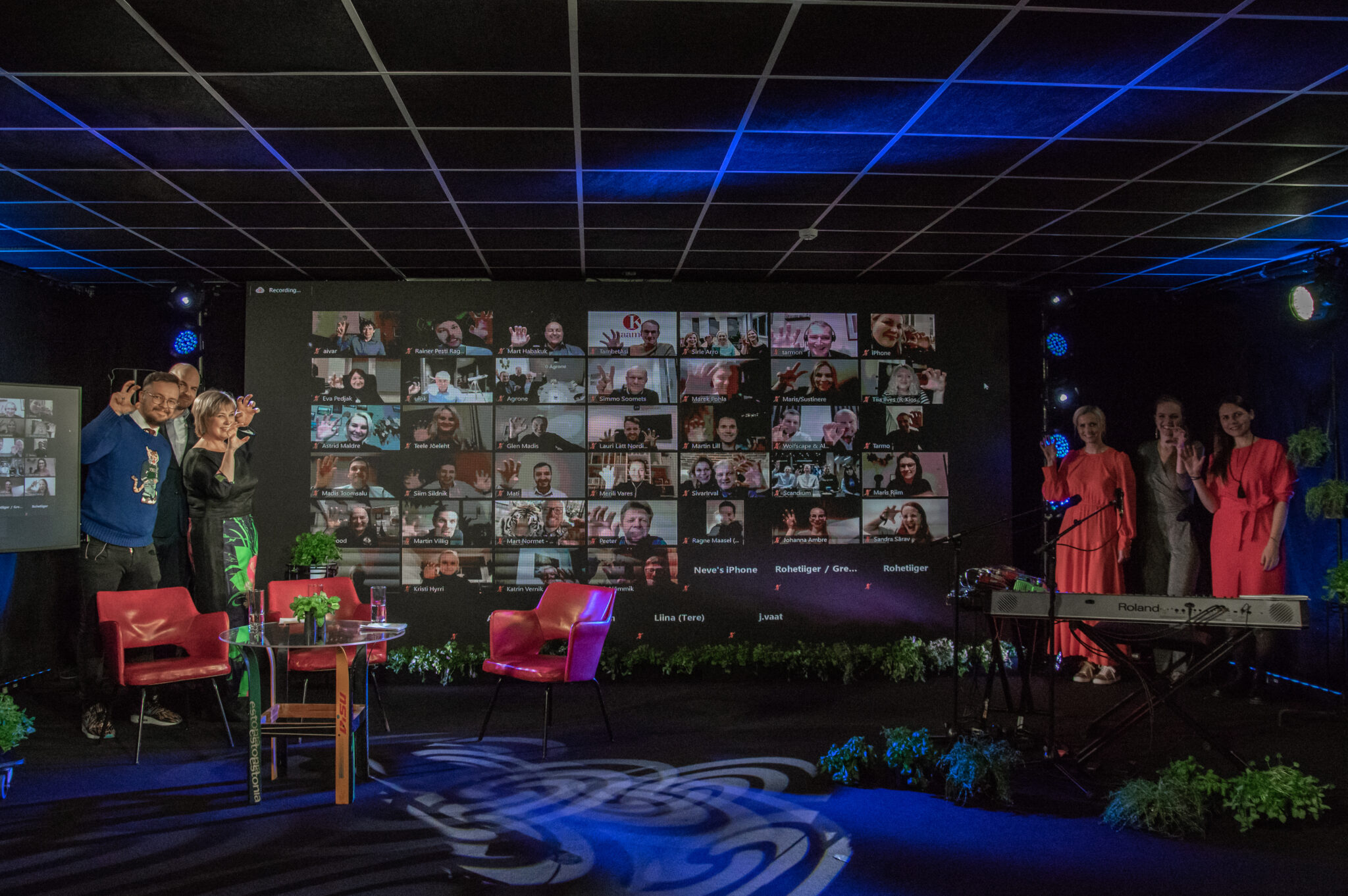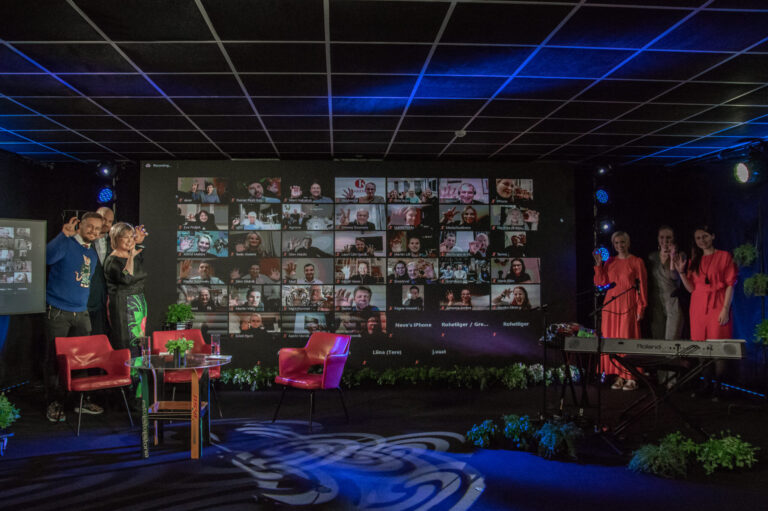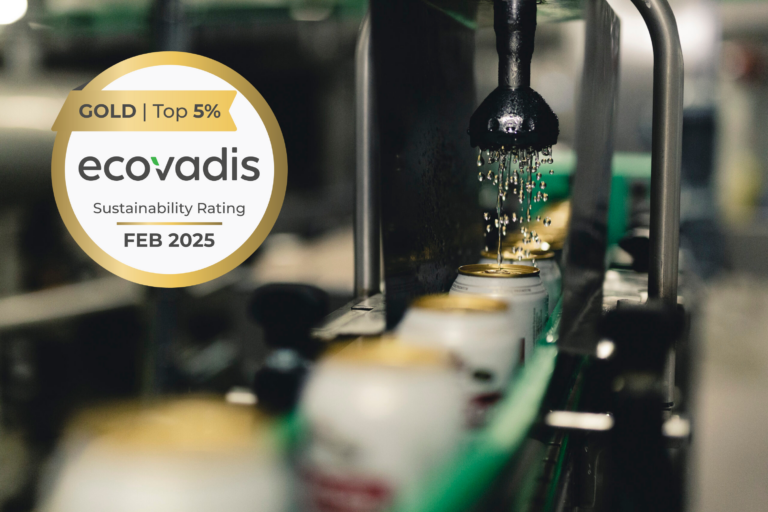

Latest news

On January 27th, the sustainable organization for companies Rohetiiger was founded with the aim of uniting Estonian businesses to collectively make the economy more environmentally friendly and sustainable. The organization was established by 18 founding members, including A. Le Coq.
The virtual founding event of the organization Rohetiiger was attended by 18 founding members and 6 members: Wolfscape, Arcwood, Cronimet Nordic, Swedbank, LHV, Puhastusimport, A Le Coq, Agrone, Bolt, Thermory, Vestman Energia, Tere, Kaamos, Alexela, Ragn-Sells, Estonian Business School, Scandium Kinnisvara, Ülemiste City, Tallinna Sadam, DeltaE Inseneribüroo, Sorainen, Fotografiska, R-Kiosk and Nordic Spedition.
According to Mihkel Tammo, the head of the organization Rohetiiger, the organization is created based on the belief that a coordinated transition towards sustainable future has a greater impact on society than individual steps taken separately. The organization’s goal is to gather up to 250 members, of which 18 founding members and 6 members have already joined.
“The private sector has taken clear initiative and responsibility because it is understood that the world has changed, and it is not possible to continue solely focused on growth and depleting nature. Companies are more flexible and able to implement changes more quickly,” said Tammo. He added that 250 is a sufficiently large number for the change originating from the corporate level to have a greater impact on society and provide an example for companies that are still looking for ways to reform their services or production in a way that does not burden the environment. On the other hand, this number is small enough for the Rohetiiger organization to individually work with each member and guide them.
According to Eva Truuverk, the head of the Rohetiiger, the organization is very practically involved. “We offer members the opportunity to participate in the Rohetiiger Academy, where companies work together with experts and mentors to develop a plan to reduce their environmental impact. We already have a good experience from the six-month pilot program of the Rohetiiger, where 15 companies and organizations have defined their environmental goals and are now gradually moving towards solutions. Companies have started to reduce their transportation, production, customer communication, and waste management footprint,” said Eva Truuverk. “Throughout this work, legislative obstacles that make it difficult for companies to operate sustainably are also identified, and changing these obstacles is one of the goals of the Rohetiiger. Therefore, this year’s aim is to address the issue of food waste, reducing paper invoices and green procurement.”


